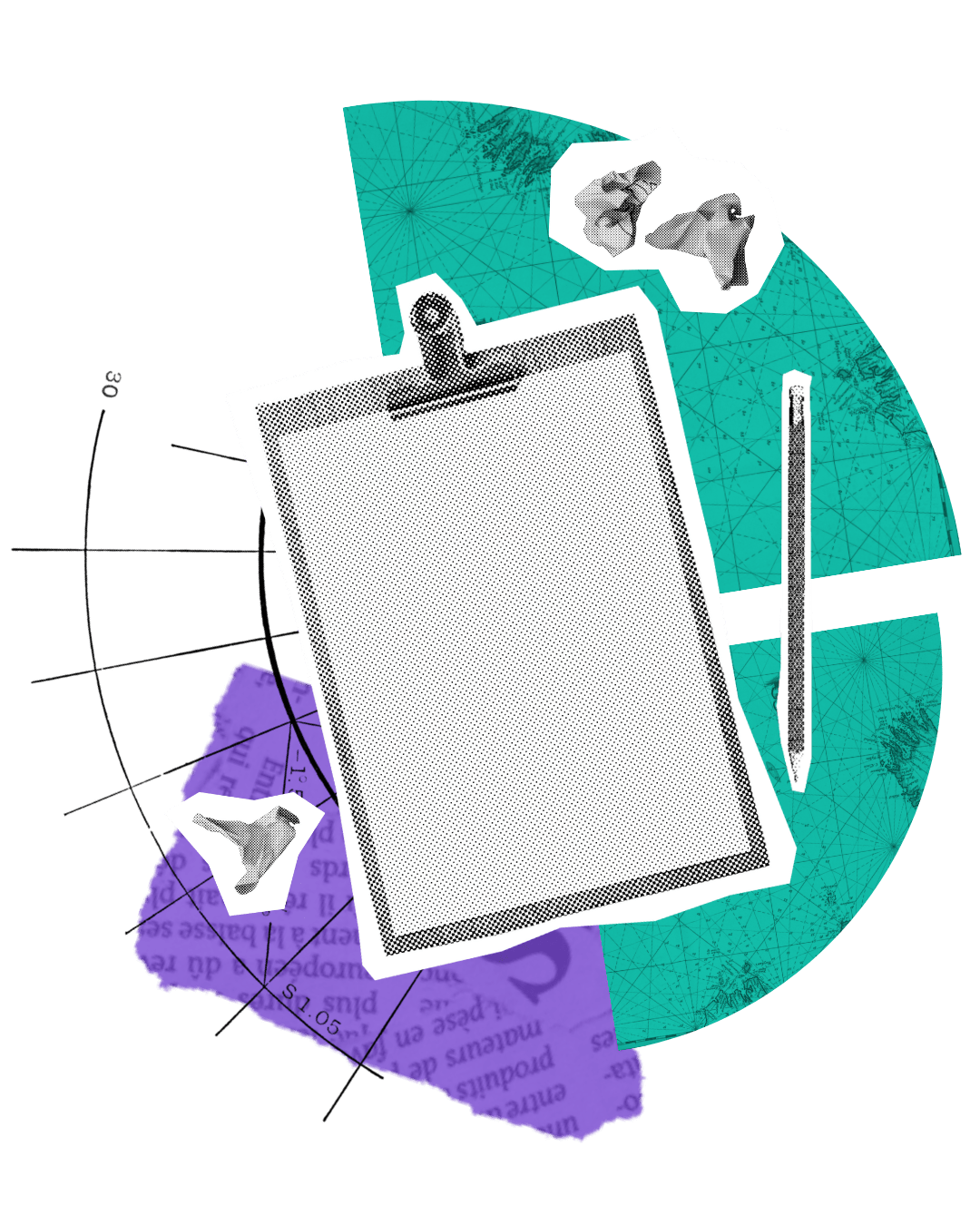
Letter from our CEO

My name is Omny Miranda Martone and I am the Founder and CEO of the Sexual Violence Prevention Association (SVPA). As a survivor who is disabled, queer, and nonbinary, I know first-hand the need for systemic change. I founded the SVPA as a coalition of marginalized survivors working to address the root problems of sexual violence systemically. Here is my story!
As a freshman in college, I was raped. This trauma surfaced repressed memories of sexual abuse I endured as a child. I knew this could have been prevented. Why hadn’t it been? And who was preventing it from happening to others?
This began my career in sexual violence. I started at small local nonprofits and rape crisis centers. I worked my way up and, after more than six years, I was working with the top organizations in the field. Our work included advocating for survivors’ rights, accompanying them to the hospital, supplying legal aid, and providing counseling and other support services. Though this work is incredibly important and impactful, I realized we were helping survivors heal but we weren’t preventing sexual violence.
I wanted to prevent people from becoming survivors in the first place. I knew this would require large-scale systemic change including legislative action, institutional reformation, and extensive research.
The lack of systemic prevention wasn’t the only issue I had encountered. While working in the field, I experienced discrimination due to being gender non- conforming and disabled. This was especially painful because it brought me back to my own experiences with sexual violence and the times I had been denied services and support due to discrimination.
Further, I witnessed discrimination against other employees, clients, and community members. It wasn’t just individual issues and microaggressions. Many programs were inaccessible or directly exclusionary to people based on their gender identity, income, disability, or immigration status. Also, most organizations were not centering marginalized survivors in the decision-making process. On multiple occasions, my colleagues and I were silenced or ignored for pointing out racism, transphobia, ableism, and other forms of discrimination.
The rampant discrimination in the field of sexual violence is exacerbated by the fact that marginalized people experience higher rates of sexual violence. Power imbalances and systems of oppression are root causes that fuel sexual violence. Thus, confronting oppression is key to preventing sexual violence.
I began doing research and building community. My research covered effective methods and frameworks for preventing sexual violence in all societal systems. Much of my research has been published and is summarized in my TEDx Talk . I also began building a community of marginalized survivors. This wasn’t intentional at first. I had simply become close friends with other marginalized survivors. But soon we began to realize the power and necessity of collective organizing.
After years of research and grassroots organizing/community building with survivors, I founded the Sexual Violence Prevention Association (SVPA). We are led by marginalized survivors. Our board is 80% survivors of color, 80% LGBTQIA+, and 60% disabled. Our mission is to prevent sexual violence systemically by revolutionizing policy, research, and institutions.
Sexual violence can and must be prevented. The fight to prevent sexual violence must be systemic and led by marginalized survivors. That’s what we’re doing at the SVPA.













